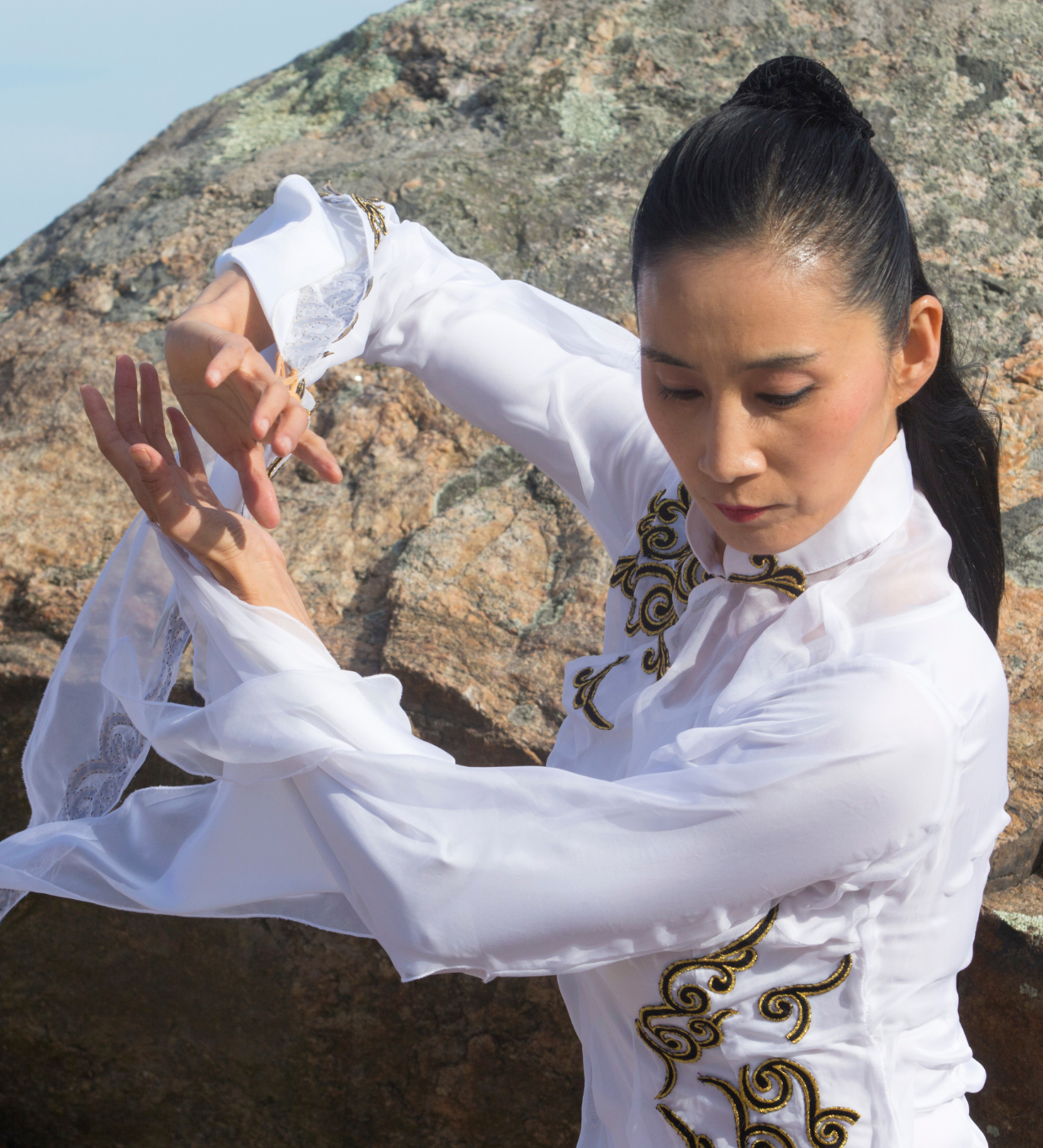In the East, across India, China, Japan, and other ancient cultures, beauty has never been just about the skin. These cultures have never seen skincare in isolation and have not ever obsessed about flawless skin or fleeting beauty trends.
Beauty according to these cultures is cultivated and is considered an emanation of harmony, a reflection of the balance between body, mind, and spirit. This philosophy is rooted in timeless traditions like Ayurveda, Yoga, Taoism, and Zen, where beauty is seen as a state of inner balance and a natural outcome of living in tune with nature and one’s inner self.
Pillars of Eastern beauty Philosophy:
Beauty as Inner Harmony: Eastern wisdom teaches that true beauty begins within. Ayurveda links beauty to 'Ojas', the vital essence that nourishes and illuminates the cells and reflects outwards in glowing eyes and luminous skin. Yoga associates beauty to 'Prana', the vital life force which revitalizes every cell and balances the nervous system. Balance of prana reflects in a persona that radiates from within, in lustrous hair, in energy and drive, yet a calm composure. Taoist beauty rituals aim to cultivate the 'Qi' flow to maintain vitality and grace of body and skin. Taoist and Zen practices emphasize harmony with Qi or life energy, bringing serenity to one's presence and poise.
Holistic Rituals Over Cosmetics: Rather than concealing imperfections, Eastern traditions focus on nourishing and purifying skin and senses. Eastern cultures see beauty care as a ritual to be followed dedicatedly. Each gesture of massaging, cleansing, applying oils is done with mindfulness and with deep respect for the body. Oil massage (Abhyanga practice), gua sha, kansa massage, and marma stimulation are all rooted in enhancing circulation and lymphatic flow, detoxifying while awakening the energy flow which enhances beauty from within. Herbal pastes, floral waters, oils, and clays are used not for instant results, but for long-term harmony and rejuvenation to restore natural equilibrium.
Connection to Nature: Beauty is seen as an extension of one's connection to the elements of nature including earth, water, fire, air and ether. Eating seasonally, sleeping with the sun, and using natural ingredients are key practices. Eastern beauty celebrates rhythms, the rhythms of the day, seasons, the moon, and the elements. By aligning lifestyle with natural cycles, one remains youthful and vibrant. Eating with the seasons and rising with the sun, choosing herbs and oils that balance your dosha or body constitution and keeping skincare natural, rhythmic, and intuitive, are some of the Eastern practices that lead to graceful aging.
Ageless Grace not Anti-Aging: Eastern beauty doesn’t chase youth, it celebrates graceful aging. The goal is balance, radiance, and serenity at every age. Ayurveda and TCM both view signs of aging as imbalances to be corrected through nourishment, rest, and meditation rather than cosmetic correction. Eastern philosophy doesn’t fear aging, it honors the wisdom and inner beauty that cultivates with growing years. Every line on the face, every change, is seen as a story of life lived with awareness. Aging gracefully means preserving vitality, peace, and softness within. Ayurvedic herbs like amla, saffron, and brahmi help restore the mind-skin connection. The goal is not youth, but radiance at every age.
Beauty as a Spiritual Practice: In many Eastern traditions, tending to the body is a sacred act. Applying oil, washing the face, or combing hair are meditative, mindful rituals. The face and body are seen as temples of the soul, and beauty care becomes a way of honoring divine energy within.


